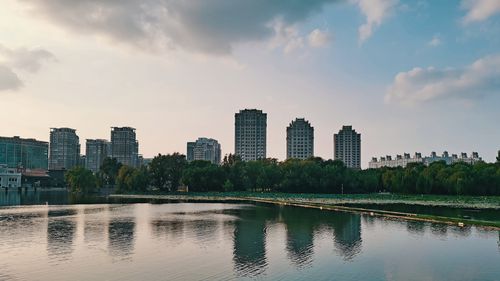The Caribbean is a melting pot of cultures, traditions, and ethnicities. The region comprises over 30 different countries and territories, each with its unique history and diverse peoples. Cultural diversity in the Caribbean is the result of a complex mix of historical, social, economic, and political factors. In this article, we will unpack the different factors that influence cultural diversity in the Caribbean.
Historical Factors
The Caribbean has a long history of colonization and slavery, which has left a lasting impact on the cultural diversity of the region. The indigenous people of the Caribbean were largely wiped out by European colonizers, who brought with them enslaved Africans to work on sugarcane plantations. The mixing of different ethnic groups, including Europeans, Africans, and indigenous populations, led to the creation of new cultures and traditions.
Social Factors
The social fabric of the Caribbean has been shaped by a variety of factors, including religion, language, and music. Religion, in particular, has had a significant impact on the region’s culture, with Christianity, Hinduism, and Islam coexisting alongside traditional African religions. The different languages spoken in the Caribbean, including Spanish, French, and English, have also contributed to cultural diversity. Music is another important aspect of Caribbean culture, with influences from Africa, Europe, and the Americas.
Economic Factors
The Caribbean has historically been a hub for global trade, with countries in the region serving as important ports for shipping and commerce. Economic factors, such as the exploitation of natural resources and the development of tourism, have also influenced the cultural diversity of the Caribbean. These economic activities have brought people from different parts of the world to the region, leading to the creation of new cultural traditions.
Political Factors
The political landscape of the Caribbean has been shaped by a variety of factors, including colonialism, independence movements, and modern-day politics. The region has a history of struggle against colonial rule, with many countries gaining independence in the 20th century. These movements were often led by political leaders who sought to promote cultural identity and diversity. In modern times, political factors such as immigration policies and political stability have continued to shape the cultural diversity of the region.
Conclusion
The cultural diversity of the Caribbean is the result of a complex mix of factors, including historical, social, economic, and political. The region’s long history of colonization and slavery has left a lasting impact on its culture, while social factors such as religion, language, and music have also played a significant role. Economic activities, such as the exploitation of natural resources and tourism, have brought people from different parts of the world to the region, leading to the creation of new cultural traditions. Finally, political factors such as independence movements and modern-day politics have continued to shape the cultural identity of the Caribbean. By understanding these factors, we can better appreciate the rich and diverse cultures of the region.
(Note: Do you have knowledge or insights to share? Unlock new opportunities and expand your reach by joining our authors team. Click Registration to join us and share your expertise with our readers.)
Speech tips:
Please note that any statements involving politics will not be approved.
